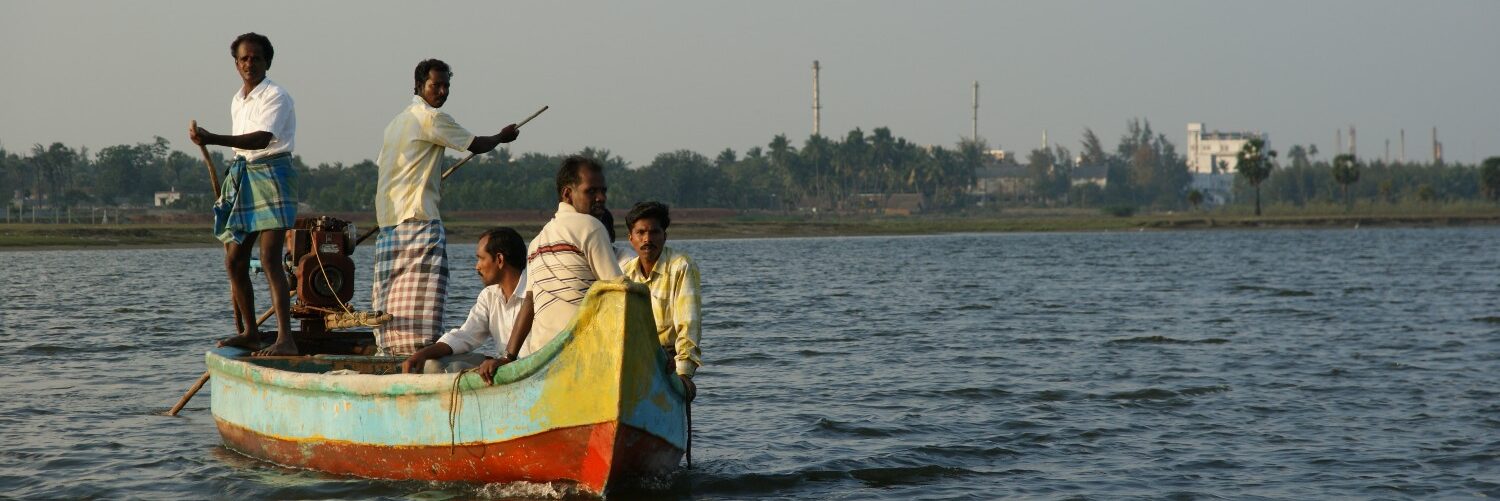Salem, 15 JULY, 2008: Around 50 people, agitated by the lack of transparency and large-scale irregularities in the functioning of the Tamilnadu Pollution Control Board, today filed RTI applications at the District Environmental Engineer’s office. TNPCB has consistently treated citizens as trouble makers and enemies, and gone out of its way to support polluters, the people alleged.
Highlighting the case of an illegal coalyard, currently being constructed by Chemplast Sanmar in Mettur Railway Station, representatives of Gonur West Agriculturalists Development Union said the TNPCB has admitted that coal yards require Consent to Establish under Air and Water Acts. TNPCB has also admitted that Chemplast has not even applied for the Consent. However, nothing has been done to stop the construction of the coalyard despite repeated complaints about the illegality. Mettur residents said they are now in possession of sufficient information to file a vigilance complaint against Chennai-based TNPCB officials particularly in a case concerning a new thermal power plant being constructed by Chemplast in Mettur. The complaint will be filed by end of the week, they said.
Mettur residents also questioned the TNPCB as to how Malco was allowed to expand its production capacity and set up a new thermal power plant despite G.O. Ms 213 of 1989 and G.O. Ms 127 of 1998 that prohibit the setting up or expansion of polluting industries within 5 km of important rivers like Kaveri and its tributaries.
Similarly, residents of Salem filed applications seeking copies of the Consent to Establish and Operate given to the Corporation for operating the Keechipalayam garbage dump (also known as Kuppamedu). They also sought copies, reports of analyses of routine air monitoring by TNPCB as mandated by the Air Act. “We are certain that the dumpyard has no license to operate and the TNPCB is doing nothing to monitor or prevent air pollution in the area,” said Piyush Sethia, convener of Speak out Salem.
The Right to Information Act is a useful tool that allows common citizens to question Government authorities and hold them accountable. “Until now, the TNPCB has been colluding with industries and getting away with it by keeping people in the dark. Even now, our efforts to get information from TNPCB are met with strong resistance and bureaucratic delays. But we will take this to its logical conclusion and ensure that regulatory bodies such as this are run transparently and without corruption,” said A.Mani, member of Gonur West Agriculturist’s Development Union.
